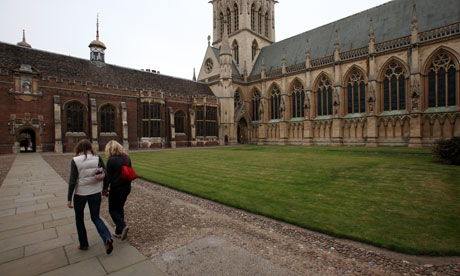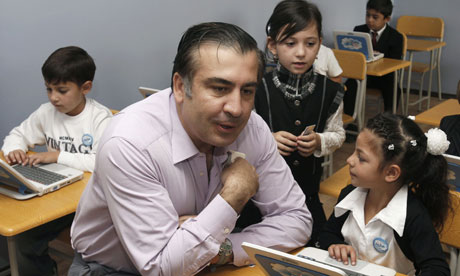Universities are starting to announce their tuition fees for students in 2012. How much are universities planning to charge?
Here is our list of universities and how much they intend to charge in tuition fees from next autumn.
A growing number plan to charge £9,000 per year – the maximum possible. This has raised fears that the government will have to claw back funds from universities – possibly by reducing the number of places on degree courses – if the majority of institutions charge the maximum.
The latest universities to announce their 2012 tuition fee plans are:
• Oxford Brookes University has released a variety of fees for 2012-13. The average fees will be £8000 but some courses creep up to £9000. The university stated that it would be reducing the number of on-campus student places by around 10% to 15% (around 1,000 places) to "ensure more high-quality contact time between students and staff". These places will be redistributed to courses run by the university and further education colleges, at a lower cost of around £6,000.
• Nottingham University has become the latest of the Russell Group to declare the maximum £9000 fees.
MPs voted in December to allow fees for UK students on undergraduate courses to rise from £3,350 a year to £6,000, and £9,000 in "exceptional cases."
But ministers assumed that universities would charge different levels of fees and that the average, across more than 130 institutions, would be £7,500.
The government pays students' tuition fees in the first instance. Graduates pay the government back when they are earning more than £21,000. If the average fee is higher than ministers anticipated, the government will end up paying more up front, and this may not be sustainable.
So far only a handful of institutions (announced so far) have published plans to charge less than the maximum. Liverpool Hope University has said it intends to charge below £9,000, but has not finalised its plans.
Vince Cable, Business Secretary, announced in Parliament:
the introduction of a fee cap of £6,000, rising to £9,000 in exceptional circumstances
Universities that charge more than £6,000 must set out targets to widen their pool of students beyond white, middle-class teenagers. These must be agreed by the government's access watchdog, the Office for Fair Access.Universities and colleges have until Tuesday 19 April 2011 to submit their access agreements to Offa. They will then assess their agreements and announce all that have been approved by 11 July 2011 - so the fees below are the amount universities are intending to charge. These will be updated as further universities publish their plans.



